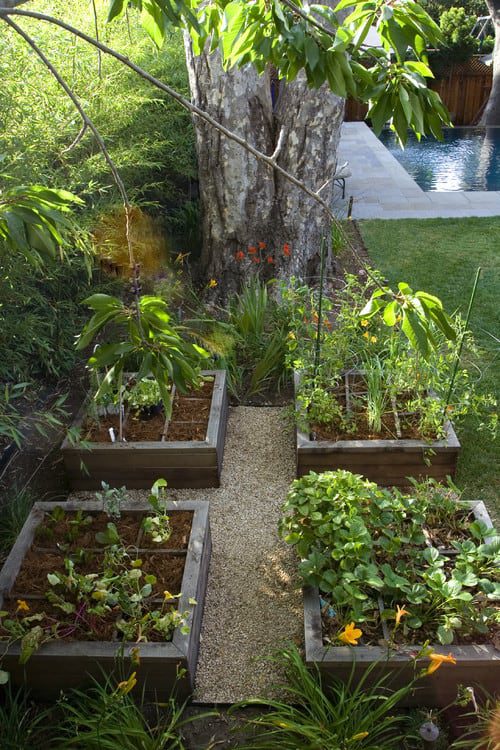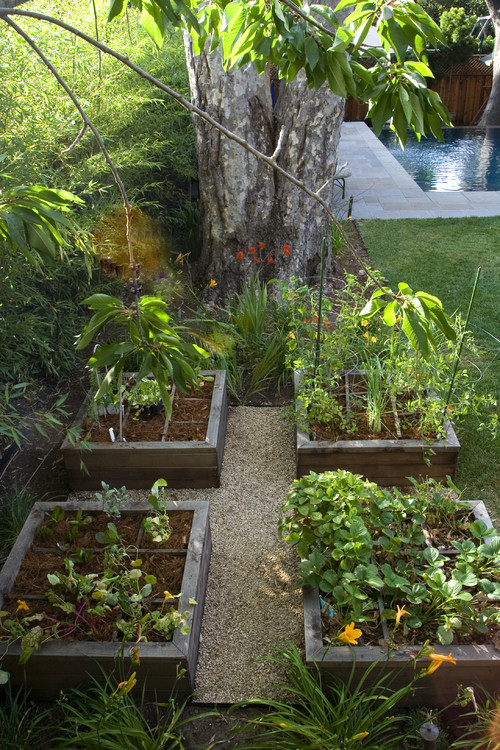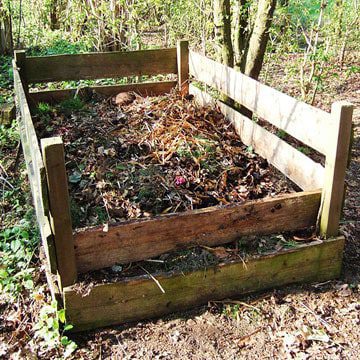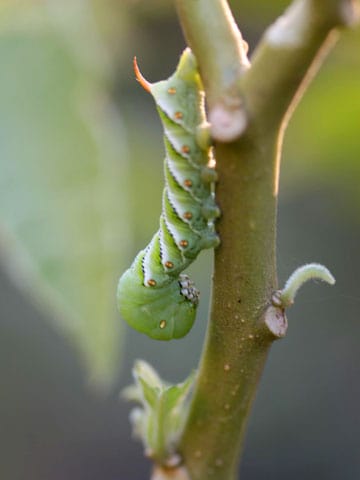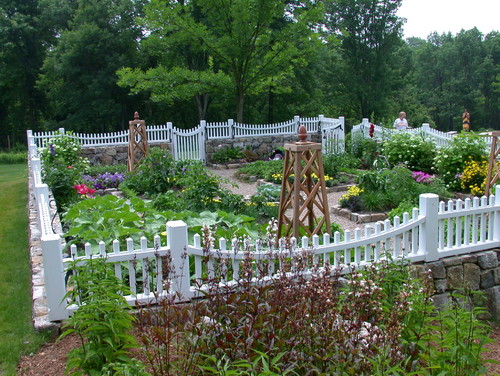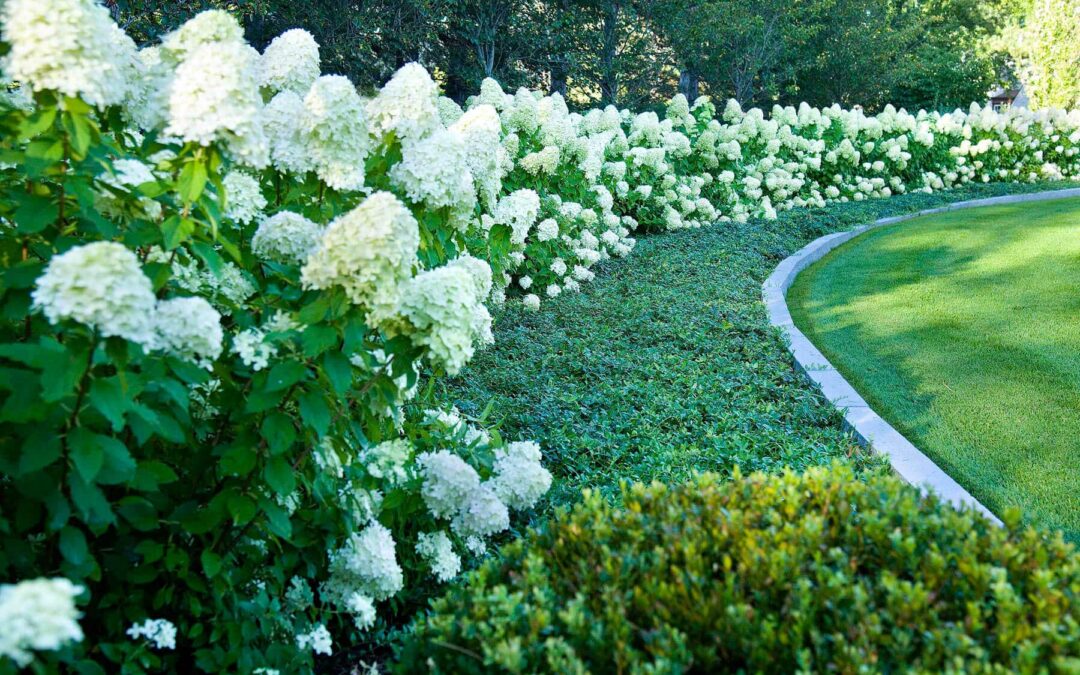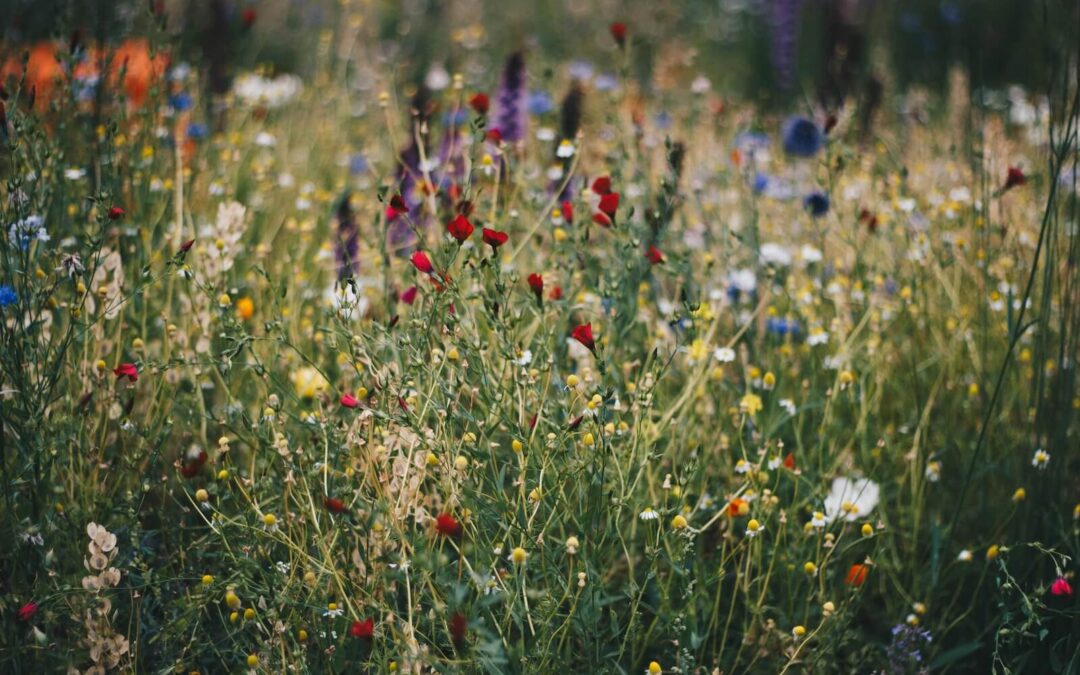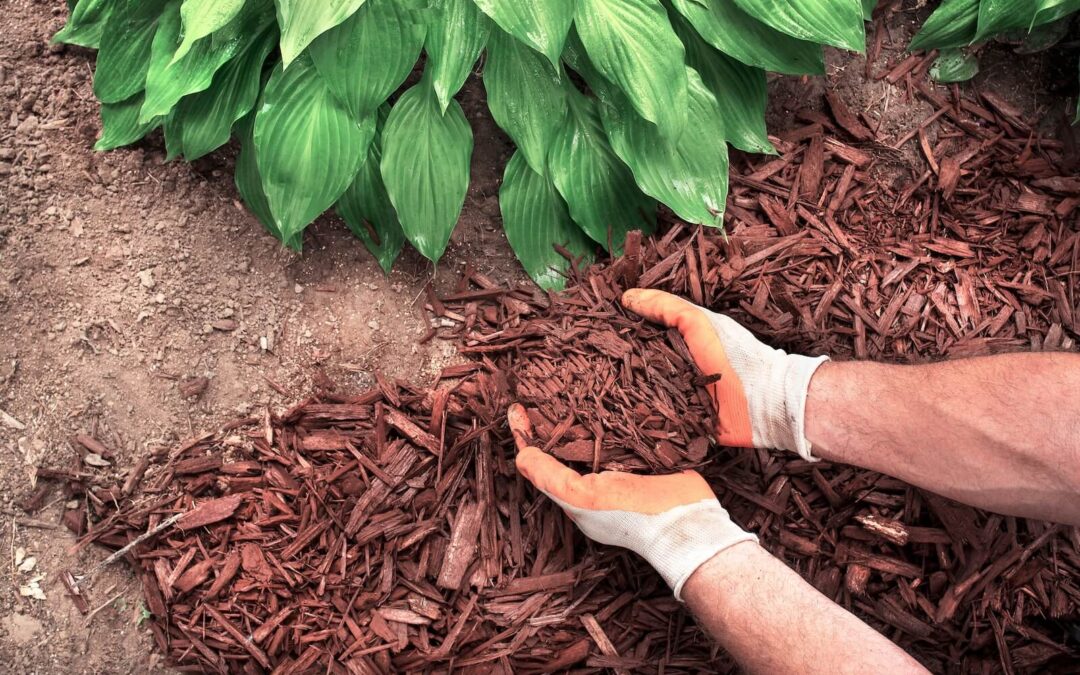A cornerstone of sustainable landscaping in Colorado is making the commitment to organic gardening practices. This involves eliminating chemicals, amending soil naturally and being patient as you learn what works and what doesn’t.
The following gardening tips and tricks shed light on what organic gardening is and the techniques you can apply to your backyard landscape.
Cleanse your toxic gardening stash
This step involves eliminating harmful chemicals from your weed-and-pest-defense toolbox. They may be effective, but they’re also harmful to a myriad of beneficial life forms, including yourself, your family and wildlife. We recommend taking them to a local hazardous waste disposal site.
Prepare your soil
Your plants will thrive when their roots are nestled in properly amended and chemical-free soil. Plants, like humans, need just the right amount of food, water, space and sun. Organic materials help to aerate soil, retain ideal moisture levels and provide nutrients.
You can also make your own compost at home. Starting a compost pile requires very little space and is an easy way to make your own fertilizer. It will provide the materials both your soil and beneficial microorganisms need to make a healthy plant bed. Consider starting an earthworm bin for further soil enrichment.
Pests-be-gone
Other options for eliminating pests include:
- Trap cropping. This article from Houzz describes how co-planting crops can lure pests to “decoy” plants. They can also attract the right natural pest predators. Don’t try this unless you have a pest problem, otherwise you will lure new pests to your garden.
- Natural predators. You can use ladybugs, praying mantises and nematodes, which are all natural predators of common garden pests.
- Weeding. Be proactive about weeds. Laying the right ground cover, like mulch, will prevent weeds from taking root. Follow these instructions from organicgardener.com to control weeds organically.
The result of your efforts will be a beautiful, healthy and sustainable garden. Want professional help with sustainable landscaping in Colorado? Contact Lifescape Colorado today.

